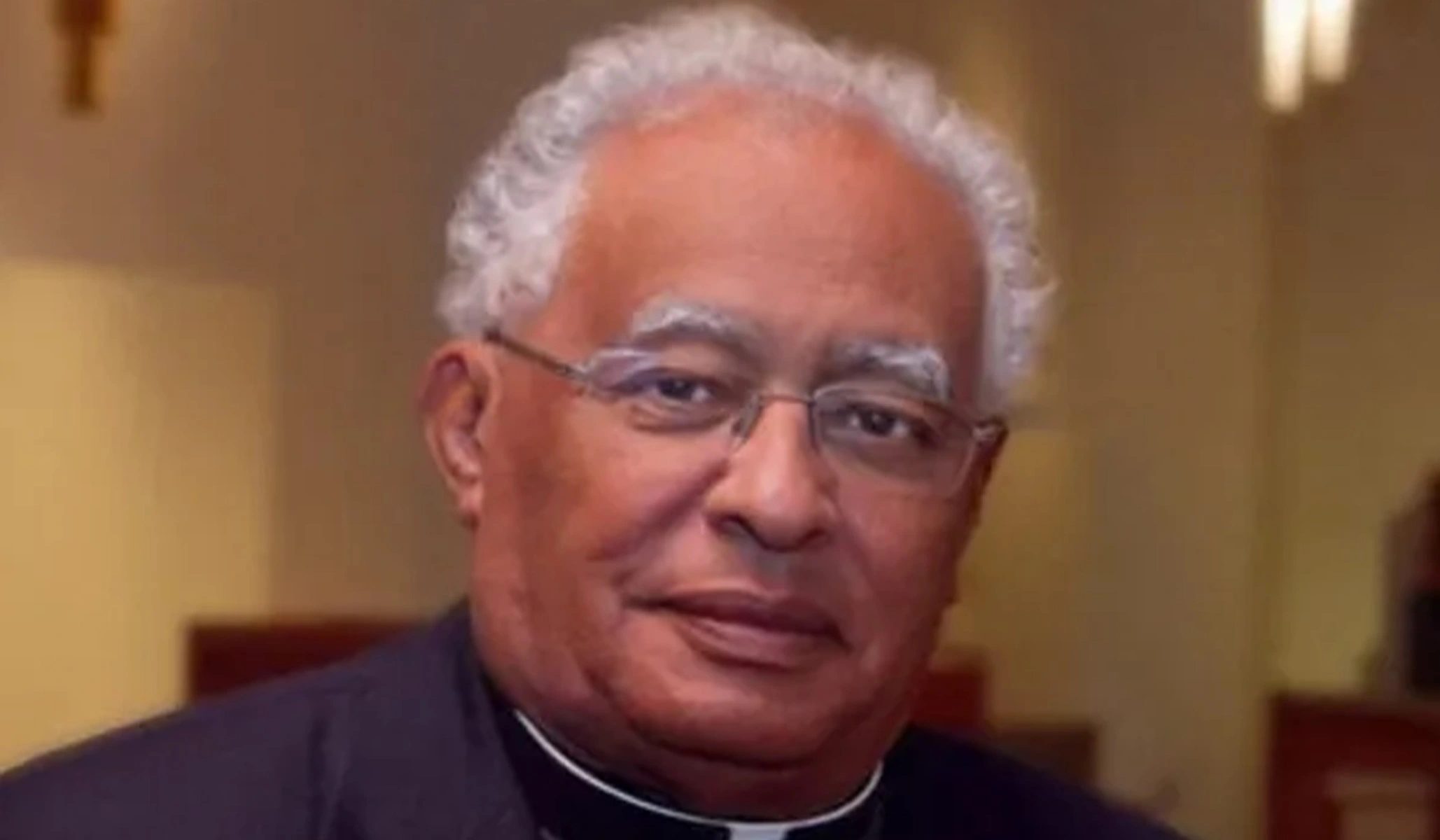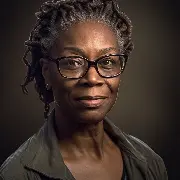Bishop Macram Gassis, who died at the age of 84, was an extraordinary hero who dedicated nearly four decades of his life to creating a modern, Christian civilization in Sudan, one of the most inhospitable regions on earth. Despite the dangers, he worked tirelessly to execute his vision, putting his own life at risk many times. His Diocese of El Obeid spanned a war-ravaged area, three times the size of Italy, that included Sudan’s Nuba Mountains and part of its south. A largely undeveloped wilderness, with only the most rudimentary economy, it was targeted in genocidal repression by an Islamist military dictatorship that held power in Khartoum for 30 years, until its overthrow in 2019.
Bishop Macram was first and foremost a pastor who baptized, confirmed and ordained hundreds of Catholics, blessed their marriages and prayed for their dead. Despite the dangers, he had incredible success in recruiting priests and nuns to help him preach the gospel and carry out good works. To Bishop Macram, honoring human dignity meant that everyone must be educated, cared for, and respected — women, Catholics, Protestants, Muslims, followers of traditional practices, and the young and the old. Over time, he forged a civil society, one that provided churches, schools, hospitals, maternity and health clinics, teacher-training centers, hundreds of bore wells for clean water, and rectories and convents.
One of Bishop Macram’s extraordinary successes was Mother of Mercy Hospital in the remote Nuba Mountains, which he launched in the early 2000s. It is the only modern hospital for hundreds of miles, serving a population of over a million. In 2008, he hired Tom Catena, an American physician, and a legend in his own right. Dr. Catena is still there, now assisted by dozens of registered nurses and pharmacists and the first team of qualified Nuban physician assistants.
Bishop Macram also dared to raise his voice against the violent attacks by the former government. He was one of the few church leaders to speak out against ongoing atrocities against religious freedom in the region and to warn against the growing threat of Islamist terror. His courage stemmed from his faith. He devoted his life to God and his church, and delighted in telling Westerners stories about the Nuba, Dinka, Nuer, and other people of his diocese, making the humanity of “his people” come alive. Bishop Macram will be greatly missed.

